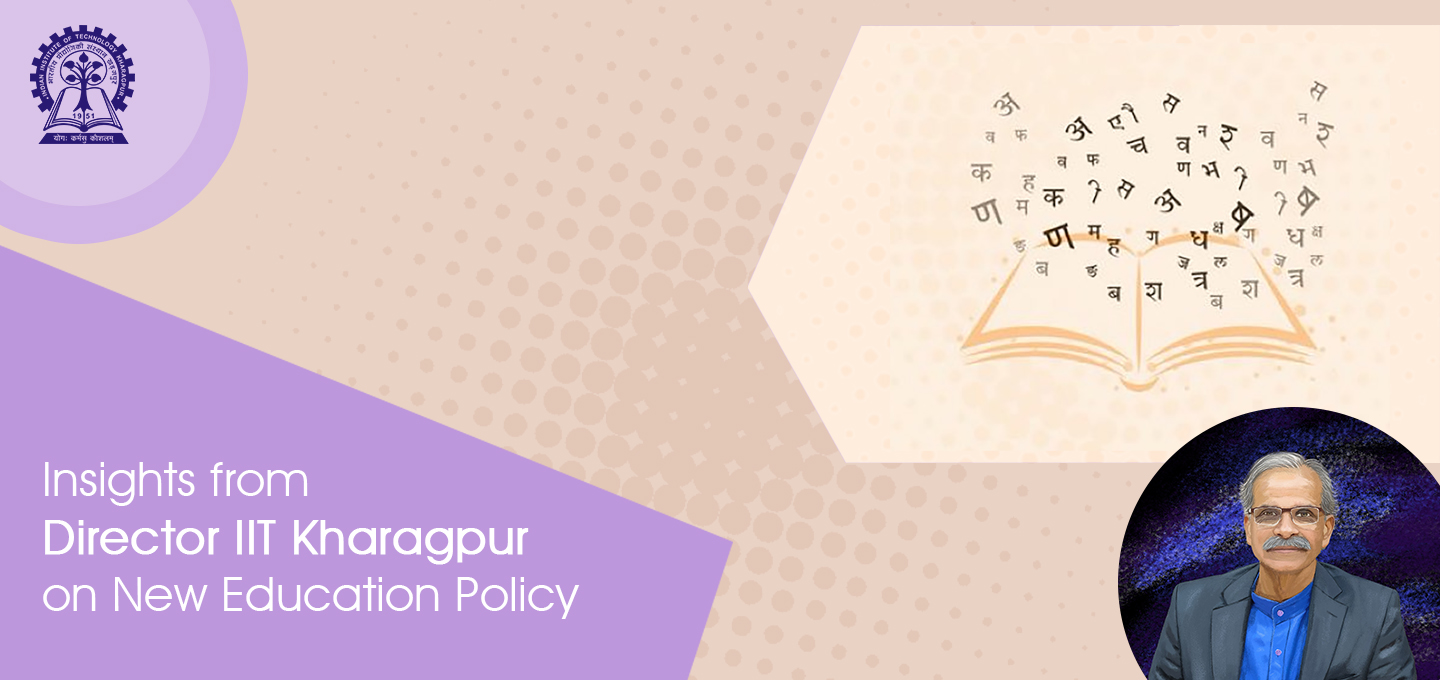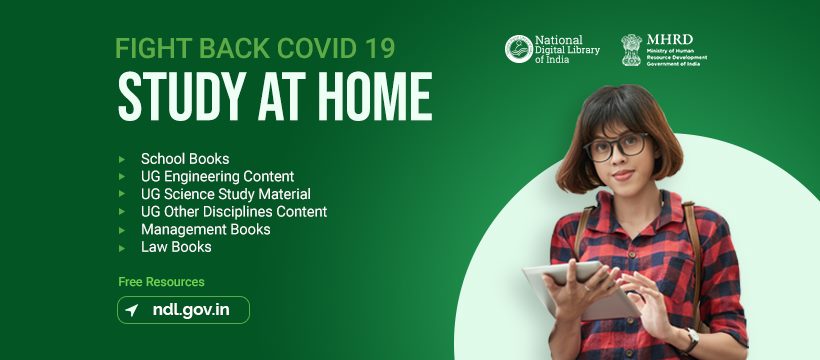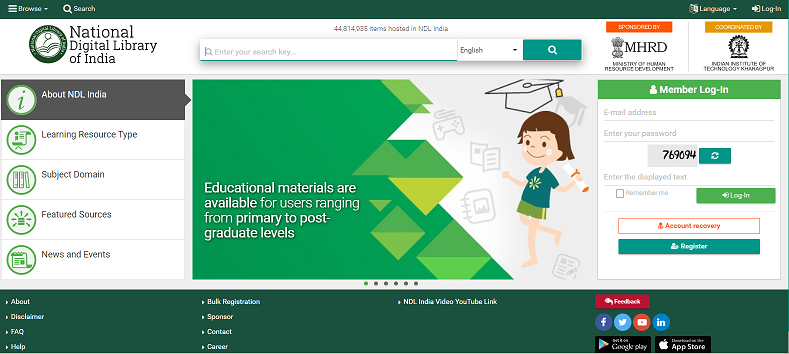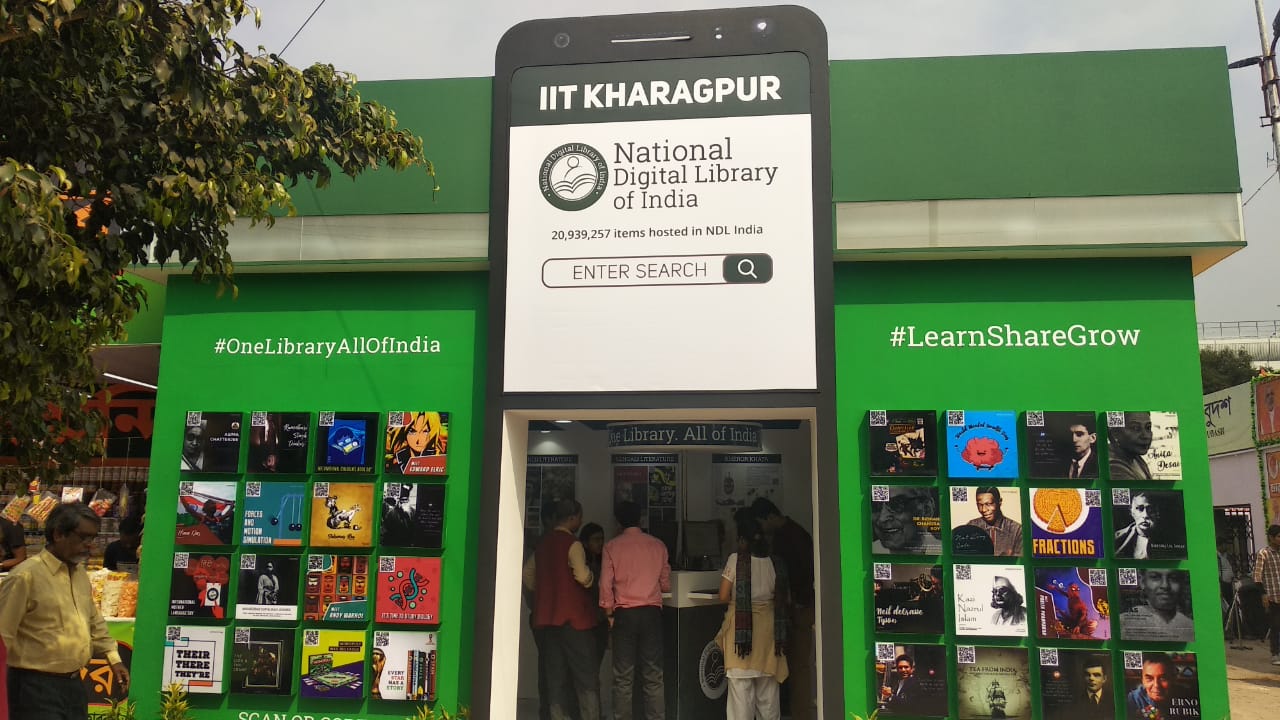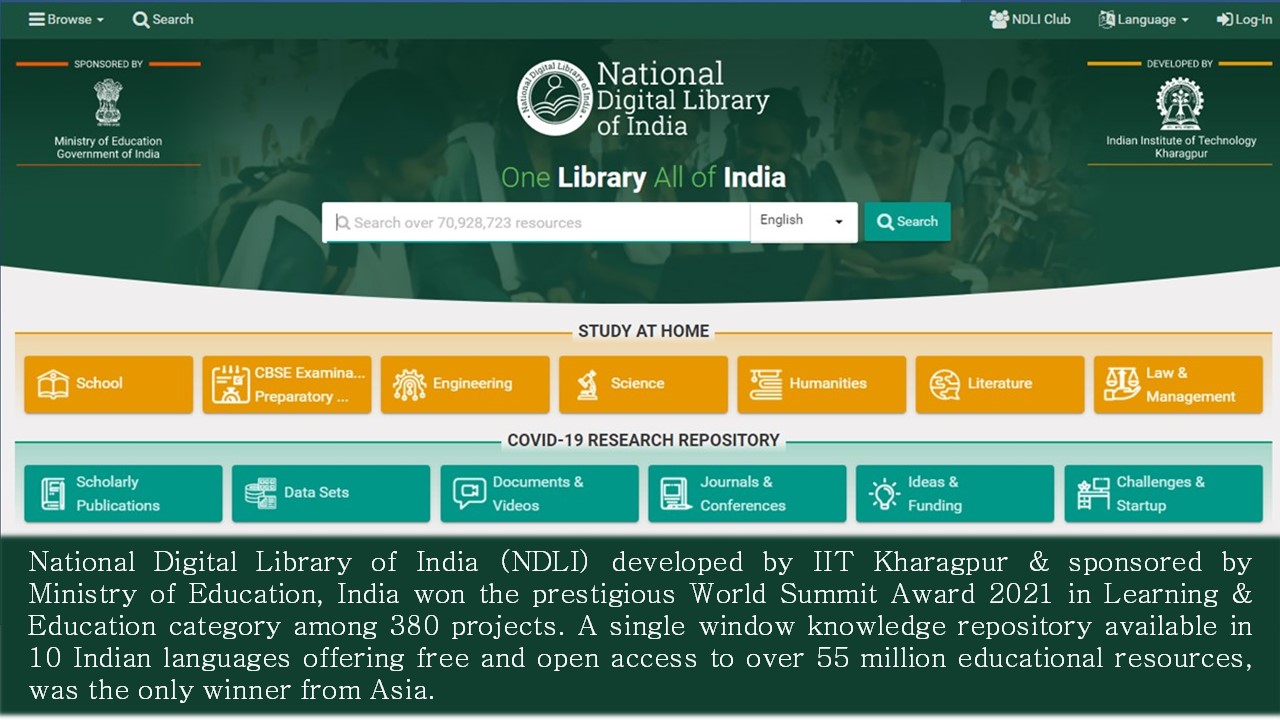
The Paperless Professor
The e-Library of India developed by IIT Kharagpur wins at World Summit Award 2021 As we know a book is a gift that you can open again and again and this thought has inspired the ingenious innovators of IIT Kharagpur to develop the National Digital Library of India (NDLI). NDLI, developed by Dr. Partha Pratim Das, Professor, Department of Computer Science & Engineering and his team of researchers from Indian Institute of Technology Kharagpur and sponsored by the Ministry of Education, India- has won the prestigious World Summit Award (WSA) 2021 for Learning and Education. The National Digital Library of…

